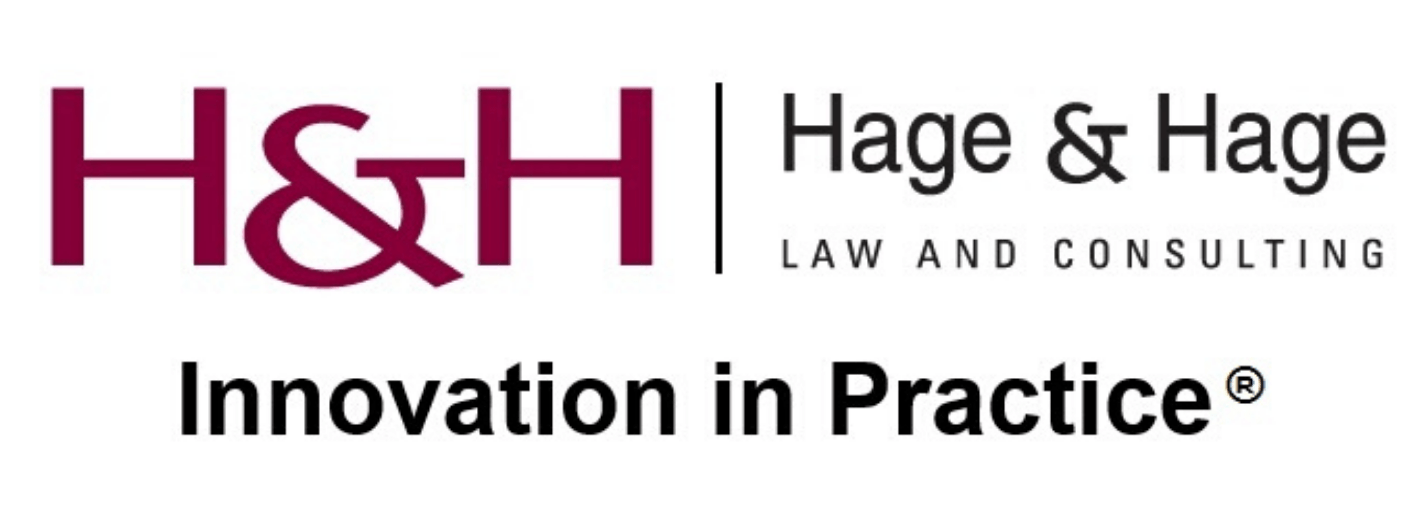Drone Law Update: Drone Regulation in New York
hagelaw • February 21, 2018
Prior to 2015, the use of non-commercial unmanned aerial vehicles, or drones, was largely unregulated. Sensing the growing popularity and risk of so many commercially available drones likely to populate the skies, the FAA issued new rules which required, among other things, registration with the FAA of all drones which fit certain criteria. To date, more than 900,000 individuals have registered to fly non-commercial drones in the United States.
The FAA’s regulation was not without some controversy. The registration requirement was challenged in a District of Colombia Circuit Court in 2017. The Circuit Court ruled that the registration requirement violated an earlier 2012 law which prevented the FAA from promulgating rules on the operation of model aircraft (See Taylor v. Huerta, No. 15-1495).
That decision was rendered moot on December 12, 2017 when President Trump signed the National Defense Authorization Act of 2017 which brought the registration requirement back in force. Non-commercial drone pilots must again register their drones with the FAA and pay the $5 registration fee.
The effect of the registration requirement remains to be seen. The penalties for failing to register are severe – civil penalties of up to $27,500 and criminal penalties up to $250,000 or three (3) years in prison. The penalties are enough to encourage compliance with the registration requirements, but the reality of enforcement will be difficult, if not impossible, for the FAA in all but the most catastrophic circumstances.
Enforcement, then, will be largely left to local authorities. What is New York doing to deal with this new technology?
Enforcing registration is unlikely to be a high priority for local authorities. Judging by the majority of the laws currently on the books relating to drones, New York municipalities are primarily concerned with privacy – i.e. restricting the use of drones over personal or public property without consent. Additional laws address terrorism concerns by limiting drone use over public events. Two municipalities, New York City and Hempstead, require a user both to register with the FAA and to apply for a license or permit from the municipality.
That your municipality does not address drone use does not mean that you have the right to unmitigated use, however. In addition to the FAA regulations, privacy and trespass laws have been used to prosecute New York drone operators.
Hage and Hage has extensive experience in advising clients on cutting edge technology like drones. Call or email us today for an initial consultation.






